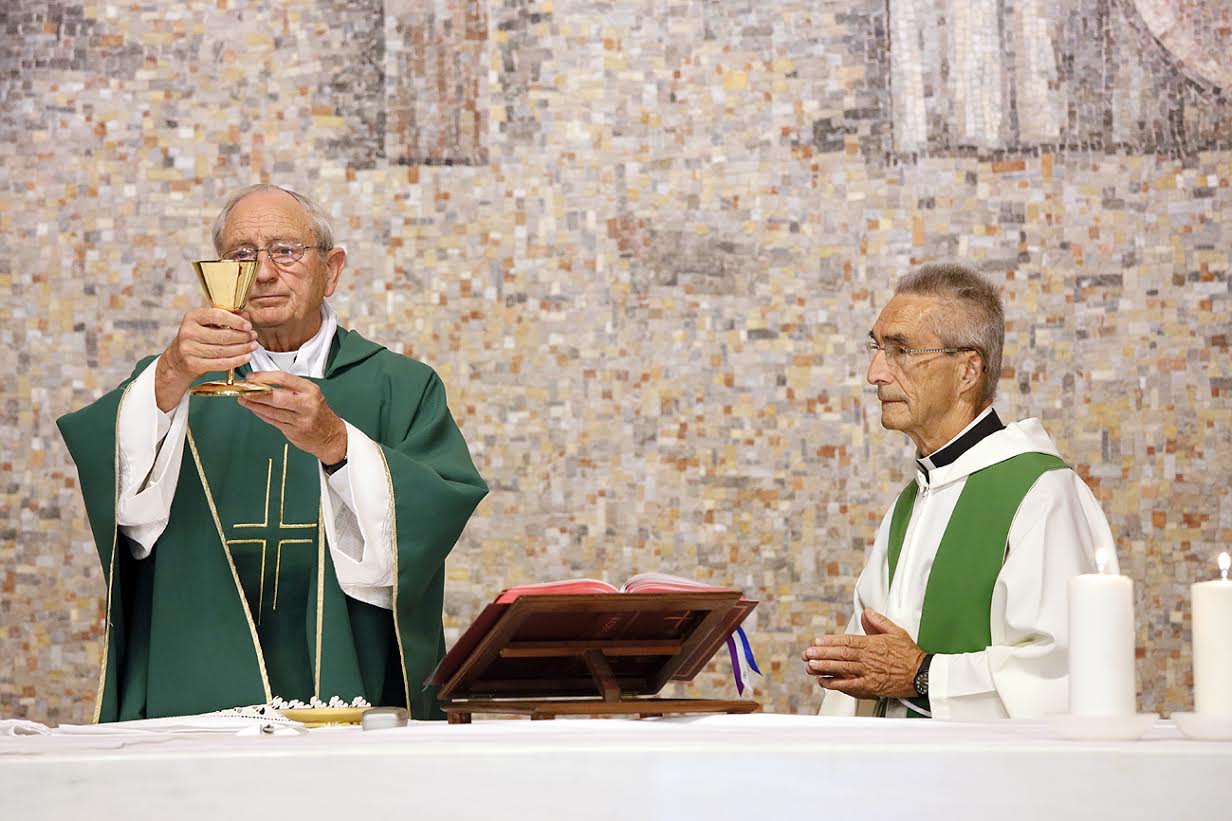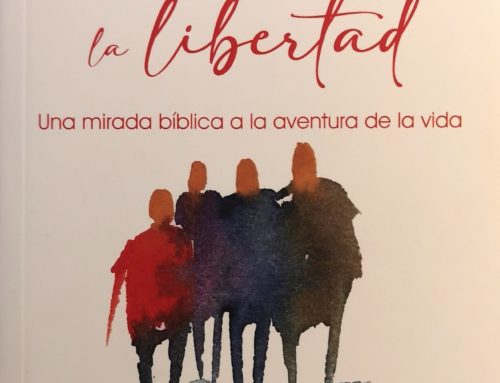Repentance for Forgiveness of Sins (Lk 24:48)
Many people seem to have a problem with the concept of repentance for sins. Language is constantly manipulated to make things easier- sin is such an off-putting religious word. One never talks of adultery, rather of cheating, nor of lies but of ‘dumbing down’, and so on. Of course it is much easier to speak of wickedness. We can even use the word ‘wicked’ amusingly: that was ‘a wicked tackle’, or she gave him such a ‘wicked look’. A closely related word ‘crime’ is more riveting: law breaking is crime and easily understood. Most of us however probably think we are not wicked or criminals – when we break the speed limit, pass hopefully through the duty-free with that little forbidden extra concealed, or find ways of beating the taxman. Some lying is described as just being ‘economical with the truth’. In these instances we ourselves hardly feel the need to be punished or forgiven. Of course, we may feel differently about other people’s reported performances like unjust warmongers, shady journalists, diving footballers, fat cat bankers living on the Riviera. They get away with it: classy lawyers are always available for the defence of rich clients. So we become as wily as serpents. Since the government is allegedly full of rogues and robbers, the poor little exploited electorate must keep on developing its coping strategies. This sort of language helps. But it does not make sin go away.
Back to St. Luke: Forgiveness of Sin.
The Christian faith makes a statement about the meaning of life that affects everyone: all are in need of conversion. The resurrection vindicated the love that was truly selfless, that brought true happiness, that everyone could admire. Opposition to goodness comes under the biblical category of sin, basically getting things wrong. The New Testament records only one Person in history who got things entirely right all the time: Jesus. The Bible writers were realistic: everyone from kings to paupers, from communities to isolated individuals- were and continued to be in varying degrees ‘sinners’. But who decides what is just and honest when wage contracts are being made, or when sick allotment time is being decided, or when increments are determined? When is a war just? What is the truth in these varied and complicated situations? We are here at the heart of ethics and the moral life. Virtue is more than laws, it is trust. But the detail escapes us. We are back with the Gospel. Life must always be shared-the world and society were given to all of us together. We are our brother’s keeper (Gn 4:9). When we are not we are sinners. But what can be done about it?
Repentance For All
We read St. Luke again: Repentance for the forgiveness of sins should be preached to all the nations (Lk 24:48). The detail of this could never be explained once and for all. The gospel was preached world-wide, in every political and economic and social context. What it meant was in the hands of the community that Jesus founded when he sent it into the whole world. Century by century the disciples of Christ have to decide how it pertains in each local situation. The Second Vatican Council most recently took on these issues. It knew that the world keeps on changing. Over fifty years have passed since the Council closed (1965). Since then we talk about the ‘new evangelisation’. What does that imply for ordinary folk like us living in a quiet corner of Cumbria with no axe to grind?! After all do we not bring our lives to our Mass and our prayers? In fact the liturgy of the Mass is full of references to sins needing forgiveness. We begin with the confession of our sins. In the Gloria we say: You take away the sin of the world. In the Creed we acknowledge one baptism for the forgiveness of sins. In the Our Father we pray to have our sins forgiven as we forgive others theirs. At the consecration of the chalice we hear Our Lord’s words: My blood shed for you and for all, so that sins may be forgiven. At the Lamb of God before Communion we pray that ‘you take away the sins of the world’. The priest then prays silently: ‘Free me from all my sins and from every evil’. Next the faithful are invited to take Holy Communion with the words: Behold the Lamb of God who takes away the sins of the world.
Conclusion
We know our real limitations personally and as a community. But we also know that immediate human relationships are very much our personal responsibility. We do listen to the Gospel and we want to do what we can. The whole world is mirrored in one way or another in our own little local world of every day. Listening to St. Luke helps us to understand the fruits of the resurrection. We are loved; we are forgiven. The whole world created is the whole world redeemed (Jn 3:16). Pope Francis has just published an apostolic exhortation Gaudete et Exsultate (Rejoice and Be Glad). It is a blueprint for cheerful everyday holiness, just how to get things right in everything we do, the exact opposite of sin as self-righteousness and complacency.
Pursuing this in our own small way here at Boarbank we try to address important issues with the groups who join us. We have study groups on Scripture and Tradition, with special attention to teachers and students and medical personnel and so on. All the time the foundational mission and basic work of this house goes on: living a community life of unbroken fidelity under vows, in prayer and service, caring for the nursing home and the guests, and living with faith and hope the meaning of the resurrection. Our Post Communion prayer today is ‘Lord, look on your people with kindness’. It is what we hope to receive and to live out, is it not? A happy Sunday to you all. Amen!
Rev Richard J. Taylor








